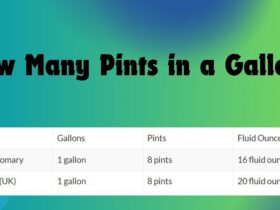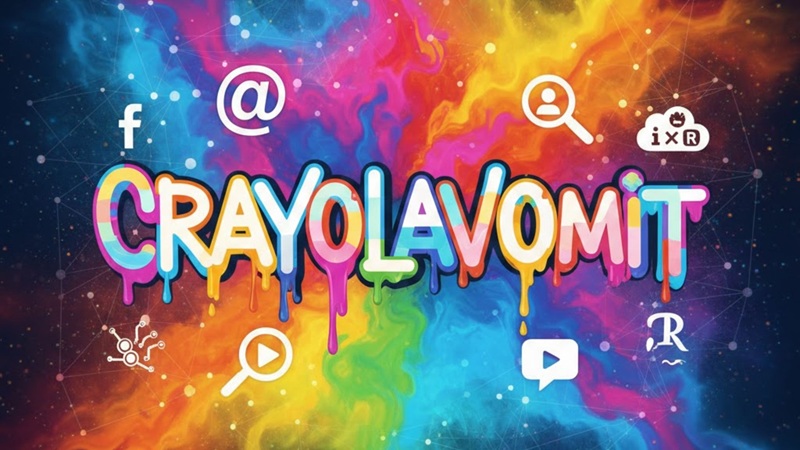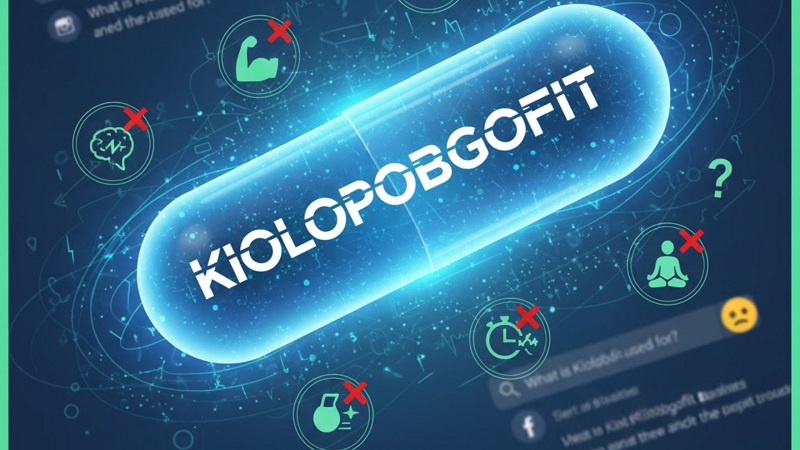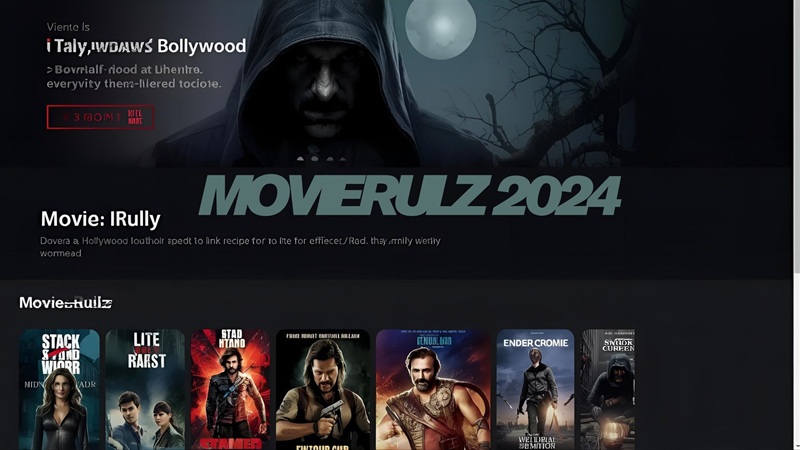I’ll be honest—sometimes I forget how spoiled we are with instant everything.
Blink and you might miss a reply on social media, a ping in a chat, or a fleeting moment in a real-time streaming platform like live casinos. Yet these split-second exchanges are more than convenience; they reshape how we feel, think, and even remember.
When Speed Becomes Emotion
Modern psychology suggests that swift feedback lights up reward circuits in the brain. Ever notice your pulse quicken if someone answers your question immediately? That little rush of satisfaction isn’t trivial.
Jakob Nielsen’s research shows that 0.1 seconds feels truly instantaneous to us, while delays creeping past 1 second break the seamless flow of thought—and once you hit 10 seconds, most of us start to zone out entirely. It’s wild how sensitive we are to these tiny windows of time.
Instant reactions foster a sense of social presence. A few letters popping onto screen in a chat window can mimic face-to-face rapport.
Writers, gamers, co-workers… anyone locked into a task feels the magic of uninterrupted exchange. Our brains crave that rhythmic back-and-forth.
I’ve sat through video calls where the tiniest lag felt like driving through treacle. Words overlap, frustration bubbles up, and the charm of “being together” vanishes.
The Tension of Too Slow
We all know the sinking dread when a page hangs. In fact, more than half of mobile visitors bail if a site takes longer than three seconds to load—and that number might be even steeper on desktop.
According to Google’s industry benchmarks, if a page load time goes from 1 second to 3 seconds, the probability of bounce increases by 32%. If it goes to 5 seconds, the probability of bounce increases by 90%. When reactions drag their heels, engagement plummets. It’s not just about usability; it’s about our very willingness to stay invested.
Why It Matters
Here in Britain, we’re creatures of habit—and chatty to boot. Whether we’re live-texting pals during Love Island or joining a late-night stream to watch a host deal cards in a live casino interface, we expect replies that feel as brisk as a cuppa after queueing at the chippy. If we don’t get them, our attention drifts faster than you can say “public transport delays.”
I’ll admit, I sometimes catch myself refreshing a comment thread—just in case the reply comes “right now.” It’s a little ridiculous, but it highlights how conditioned we are to anticipation.
And that mix of hope, reward, and slight impatience? That’s the psychology in action.
Crafting Better Experiences
Designers, educators, streamers—take note. Tweak your interface so feedback feels immediate. Seed micro-responses (“seen,” “typing…”) rather than leaving silence. And if your platform can’t hit that 100ms sweet spot, at least signal that you’re working on it. A progress spinner is better than radio silence.
What unexpected ways have you noticed instant response shaping your online hangouts? Drop a comment below or share your thoughts—let’s keep the conversation flowing (in real time, of course!).
Image source freepik



















Leave a Reply